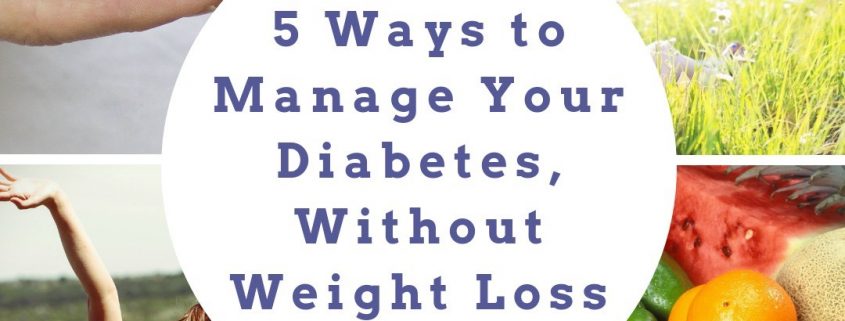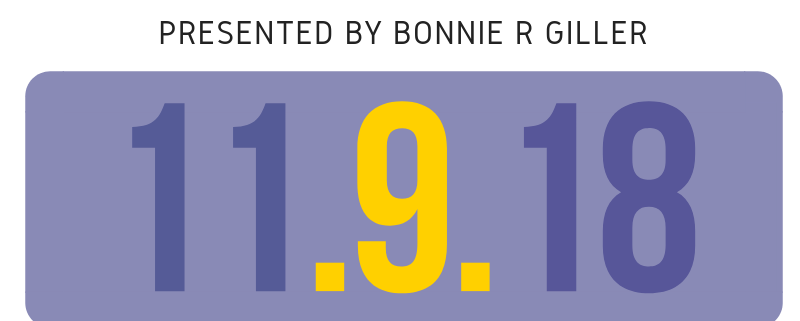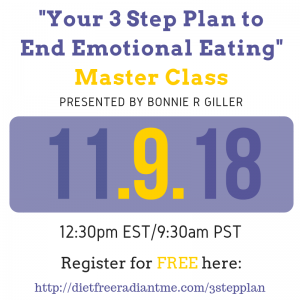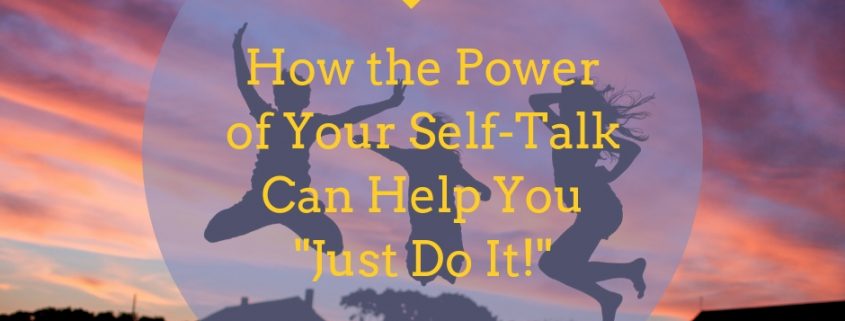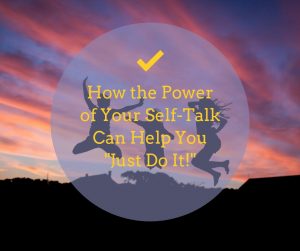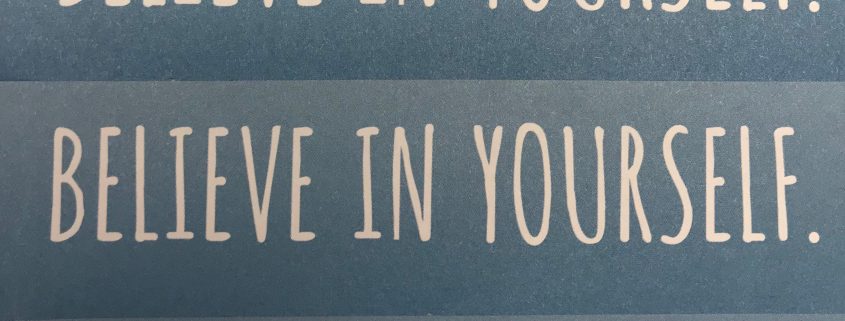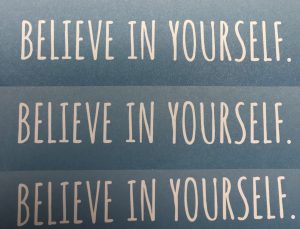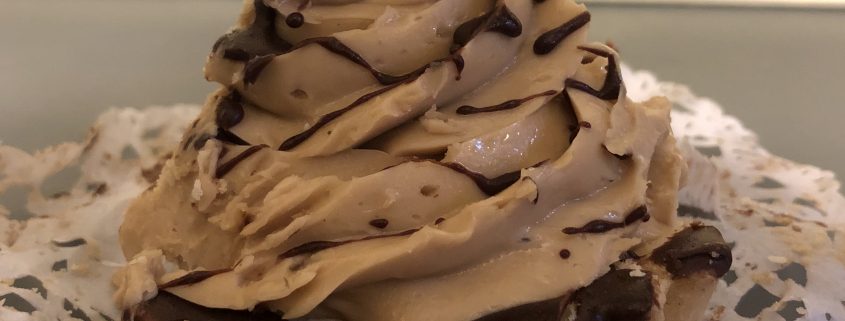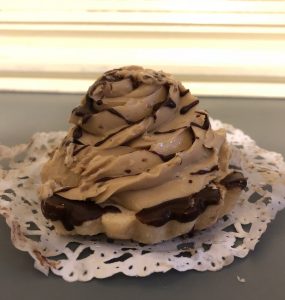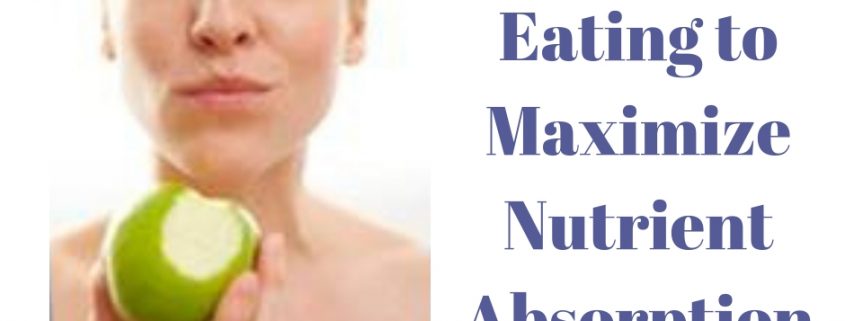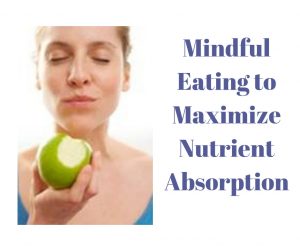5 Ways to Manage Your Diabetes, Without Weight Loss
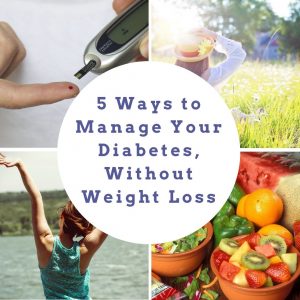 “Lose weight and your A1C will go down!”
“Lose weight and your A1C will go down!”
Is this statement something you’ve heard before?
Has your doctor told you that in order to manage your diabetes, you must lose weight?
In more cases than I want to remember, clients have walked into my office telling me that this is what their doctor told them. And, it makes them so upset because this is NOT helpful. These clients have tried over and over to lose weight on the typical “diabetes diet”, only to gain the weight back plus more.
So yes, maybe in the short term they saw a reduction in their A1C, but in the long term, NOPE!
This is because the doctors are approaching diabetes management in the WRONG way!
Weight loss is NOT A BEHAVIOR. It’s an outcome! An outcome of habit and behavior changes!
November is National Diabetes Awareness Month, and today is World Diabetes Day. Today is a day to raise awareness of this disease that affects millions. Education in disease management and prevention is KEY.
Are you among the increasing number of newly diagnosed diabetes cases each year?
Signs and Symptoms of Diabetes
- Urinating more frequently
- Increased thirst
- Feel hungrier than usual
- More tired than normal
- Dry mouth and dry, itchy skin
- Slow healing cuts
If you have experienced any of these symptoms (and have a family history of diabetes), it’s important that you get your blood sugar levels tested. Type 1 diabetes usually develops earlier in life, however a person at just about any stage of life can be diagnosed with Type 2.
So, what’s the best treatment for Type 2 diabetes?
It’s NOT weight loss!
Introducing…..
A Weight-Neutral Approach to Diabetes Management
Simply losing weight will not control your diabetes and blood sugar levels. Reason? Because most people who have struggled with losing weight before will regain that weight back. I’m not making that up. Statistics show that 95-97%% of people who lose weight will put that weight back on, plus more within 2-5 years. The 3-5% that do keep it off do so most often with disordered eating behaviors.
Who wants to live in fear of food? Not me, and I don’t want that for you either.
The most effective way to reach target blood sugar levels and improve your A1C levels is through behavioral changes, without the focus on body weight.
As a certified diabetes educator, this weight-neutral approach allows me to focus on what’s important in my sessions with clients; that is teaching them about their bodies, ways to decrease insulin resistance, increase insulin sensitivity and how to help their bodies work better for them and their diabetes.
My Weight-Neutral Diabetes Management Program has 5 Diabetes Education FOCUS Areas:
FOCUS 1: Nutrition
FOCUS 2: Movement
FOCUS 3: Habits & Behaviors
FOCUS 4: Stress Management
FOCUS 5: Sleep Hygiene
When you make behavioral changes in these 5 focus areas, you will see your blood glucose levels come back into target range, your A1C will decrease, and you will decrease your risk of long-term diabetes complications.
This month as part of the National Diabetes Awareness celebration, take charge of your diabetes with a weight-neutral approach!
Learn more about my Weight-Neutral Diabetes Management Program HERE and contact me to set up a consultation.

